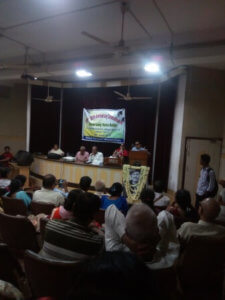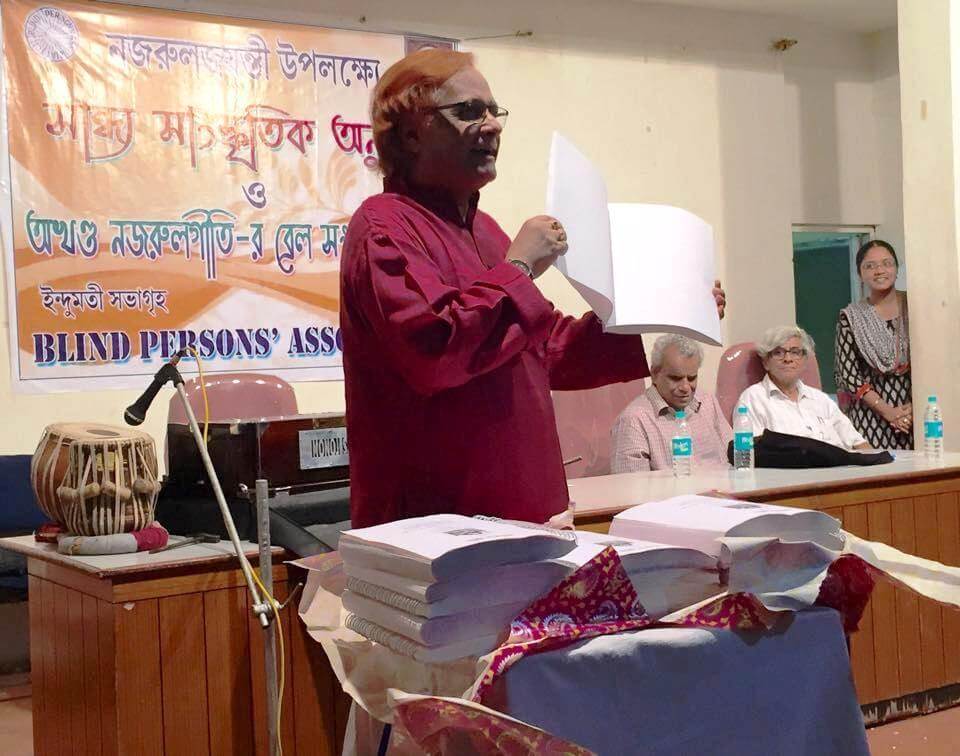History of English Literature by Edward Albert is our latest book In Braille. All students of English literature need a companion guide on history of English literature. This subject is studied by a large number of visually challenged students in India. We are proud to announce the release of this Braille book.
This edition is the Braille reprint of History of English Literature by Edward Albert, fifth edition, revised by J.A. Stone. It was first published in India by Oxford University Press in 1979.
Complete in twelve Braille volumes, this book will cost INR 1,253. Visually challenged students may collect it for INR 120. Read our distribution policy and catalogue online for details.
About the Book on History of Literature
Little is known for certain of the origin of English literature. Whatever scanty records are available of the earliest works of the English poets, there were written almost three hundred years after they were actually composed. Like all other literary trends in the world, poetry came before prose in England also. Even less is known about the poets themselves.
So far as poets are concerned, again little or nothing is known beyond the names of two of them, but this has not prevented some scholars from writing their “lives,” from hints in the texts themselves, fortified by scanty contemporary references (in the case of Caedmon) but mainly from a mass of conjecture, most of which cannot be described as intelligent. Indeed, the lengths to which critics will at times go is clearly indicated by the fact that one Old English poet has been provided with a wife on no valid evidence whatsoever. …
The period is a long one, for it opens in the fifth century and does not conclude, as is often supposed, with the Norman Conquest in 1066, but rather continues in prose at least till about 1150. The events, however, must be dismissed briefly. The departure of the Romans in 410 left the British population open to the inroads of the invaders from the north. According to British traditions the English from the Continent came first as mercenaries to help in the defence against the Picts and Scots; but soon they began to settle in the country, and archaeological evidence shows that certainly permanent settlements had been made in the last quarter of the fifth century if not before. In the course of time they gained possession of all the land from the English Channel to the Firth of Forth to a greater or lesser degree. Then followed the Christianization of the pagan English tribes, beginning in Northumbria with the work of Irish missionaries, though the influence from Rome begins in Kent (597). In succession followed the inroads of the Danes in the ninth century; the rise of Wessex among the early English kingdoms with the important contribution of Alfred the Great; the establishment of the Danelaw in England with the permanent settlement of Danes in the country; the accession of a Danish king (1017); and the Norman influence on the English court which began before the Conquest in 1066. All these events had their effect on the literature of the period.









